How AI is Revolutionizing Market Research and Driving Investment Decisions
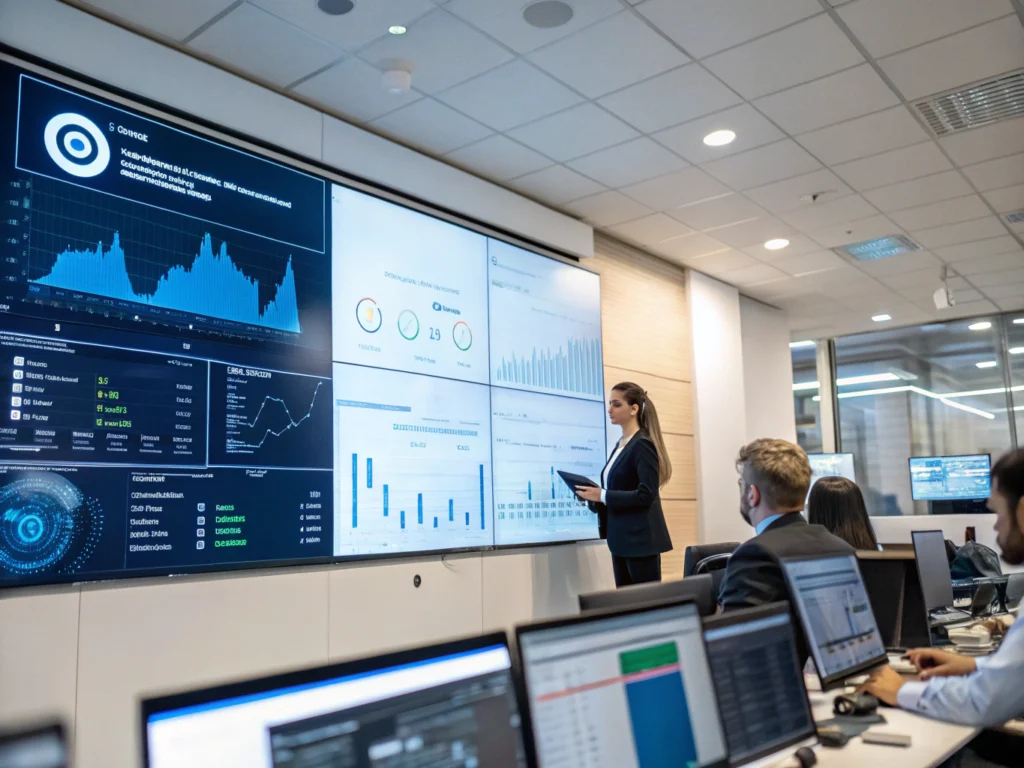
Can Artificial Intelligence (AI) Truly Unlock Untapped Potential in Market Research?
In today’s hyper-competitive landscape, businesses are constantly seeking an edge. But are traditional market research methods keeping pace with the exponential growth of data? A recent study by McKinsey estimates that organizations could gain $2 trillion to $4 trillion annually through the strategic application of artificial intelligence. This transformative technology is revolutionizing how we understand consumer behavior, identify emerging trends, and make data-driven decisions – marking the rise of AI-Powered Market Research. But what exactly does this entail, and how can businesses effectively leverage it?
Key Concepts & Trends

The current wave of AI-Powered Market Research is built upon several key concepts and emerging trends. Machine learning (ML) algorithms are at the heart of it, enabling systems to learn from vast datasets without explicit programming. This allows for sophisticated analysis of customer reviews, social media sentiment, and market data to identify patterns and predict future trends.
Natural Language Processing (NLP) is another crucial component. NLP empowers AI to understand and interpret human language, making it possible to analyze unstructured data like customer feedback and forum discussions with unprecedented accuracy. For example, NLP can identify key themes and emotions expressed in thousands of online reviews, providing a richer understanding of customer satisfaction than traditional surveys.
Predictive analytics leverages historical data and ML to forecast future market behavior, helping businesses anticipate demand changes, optimize pricing strategies, and identify potential risks. Think of it as having a crystal ball powered by data.
The integration of AI with Business Intelligence tools is also a major trend. Business Intelligence provides the infrastructure for data collection, storage, and visualization, while AI adds the analytical horsepower to extract meaningful insights. This synergy empowers businesses to make faster, more informed decisions.
Data & Market Insights
The market for AI in market research is experiencing explosive growth. A report by Grand View Research projects the global AI in market research market to reach $12.74 billion by 2028, growing at a CAGR of 24.8% from 2021 to 2028.
Consider Netflix. They use AI-powered recommendation engines built on massive user data to personalize content suggestions, significantly impacting viewer engagement and retention. This demonstrates the power of AI to understand individual preferences and predict behavior.
Another compelling example is in the retail sector. Companies are using AI to analyze sales data, website traffic, and social media activity to optimize product placement, personalize marketing campaigns, and forecast inventory needs. This has led to significant improvements in sales and reduced waste.
The adoption of AI in market research is not limited to large corporations. Many smaller businesses are leveraging affordable AI-powered tools to gain a competitive advantage.
Smarter Strategies & Alternatives
To effectively implement AI-Powered Market Research, consider these strategies:
- Start with a clear objective: Define what insights you need to gain from your research.
- Focus on data quality: AI is only as good as the data it’s trained on. Ensure your data is accurate, complete, and relevant.
- Integrate AI with existing tools: Don’t replace your current systems entirely; integrate AI to enhance their capabilities.
- Explore no-code/low-code AI platforms: These platforms make AI accessible to users without extensive programming knowledge.
Alternatives to fully bespoke AI solutions include leveraging pre-trained AI models offered by cloud providers like Google, Amazon, and Microsoft, or utilizing specialized AI-powered market research platforms.
Use Cases & Applications
The applications of AI-Powered Market Research are vast and diverse:
- Sentiment Analysis: Analyzing customer reviews, social media posts, and survey responses to gauge public opinion about a brand or product.
- Trend Forecasting: Identifying emerging trends by analyzing large datasets of consumer behavior and market data.
- Competitive Analysis: Monitoring competitor activities, pricing strategies, and customer feedback to gain a competitive advantage.
- Customer Segmentation: Grouping customers based on shared characteristics and behaviors to personalize marketing efforts.
- Product Development: Identifying unmet needs and opportunities for new product development by analyzing customer feedback and market trends.
Startups like MarketMuse and Persado are leading the way in providing AI-powered content marketing and copywriting solutions, respectively, demonstrating the innovative applications of this technology.
Common Mistakes to Avoid
- Ignoring data privacy: Ensure compliance with data privacy regulations like GDPR and CCPA when collecting and using customer data.
- Over-relying on AI: Don’t blindly trust AI-generated insights. Always validate findings with human expertise.
- Lack of clear goals: Without a defined research objective, AI analysis can be unfocused and yield irrelevant results.
- Poor data preparation: Inaccurate or incomplete data will lead to biased and unreliable insights.
Maintenance, Security & Long-Term Planning
Maintaining AI-powered market research solutions requires ongoing attention. This includes:
- Regular data updates: Ensure your data is current and reflects the latest market trends.
- Model retraining: Periodically retrain your AI models with new data to maintain accuracy and relevance.
- Cybersecurity measures: Implement robust security protocols to protect your data from unauthorized access.
- Scalability planning: Ensure your AI infrastructure can handle increasing data volumes and user demands.
Summary & Key Takeaways
AI-Powered Market Research is no longer a futuristic concept; it’s a present-day reality transforming how businesses understand their markets. By leveraging machine learning, natural language processing, and predictive analytics, companies can gain deeper insights, anticipate trends, and make more informed decisions. While challenges exist, the potential rewards are significant.
Ready to explore how AI can revolutionize your market research efforts? Share your thoughts in the comments below! Have you implemented AI in your market research? What results have you seen?
FAQs
Is it too late to invest in AI-powered market research? Absolutely not! The market is still in its early stages of adoption, presenting significant growth opportunities for businesses and investors.
How can small businesses use AI for market research? Many affordable AI-powered tools are available specifically for small businesses. Consider using social listening tools, sentiment analysis platforms, or AI-driven survey analysis tools.
What tech stacks scale best for AI-powered market research? Cloud-based platforms like AWS, Azure, and Google Cloud are well-suited for scaling AI-powered market research solutions due to their flexibility and scalability.
Share this content:

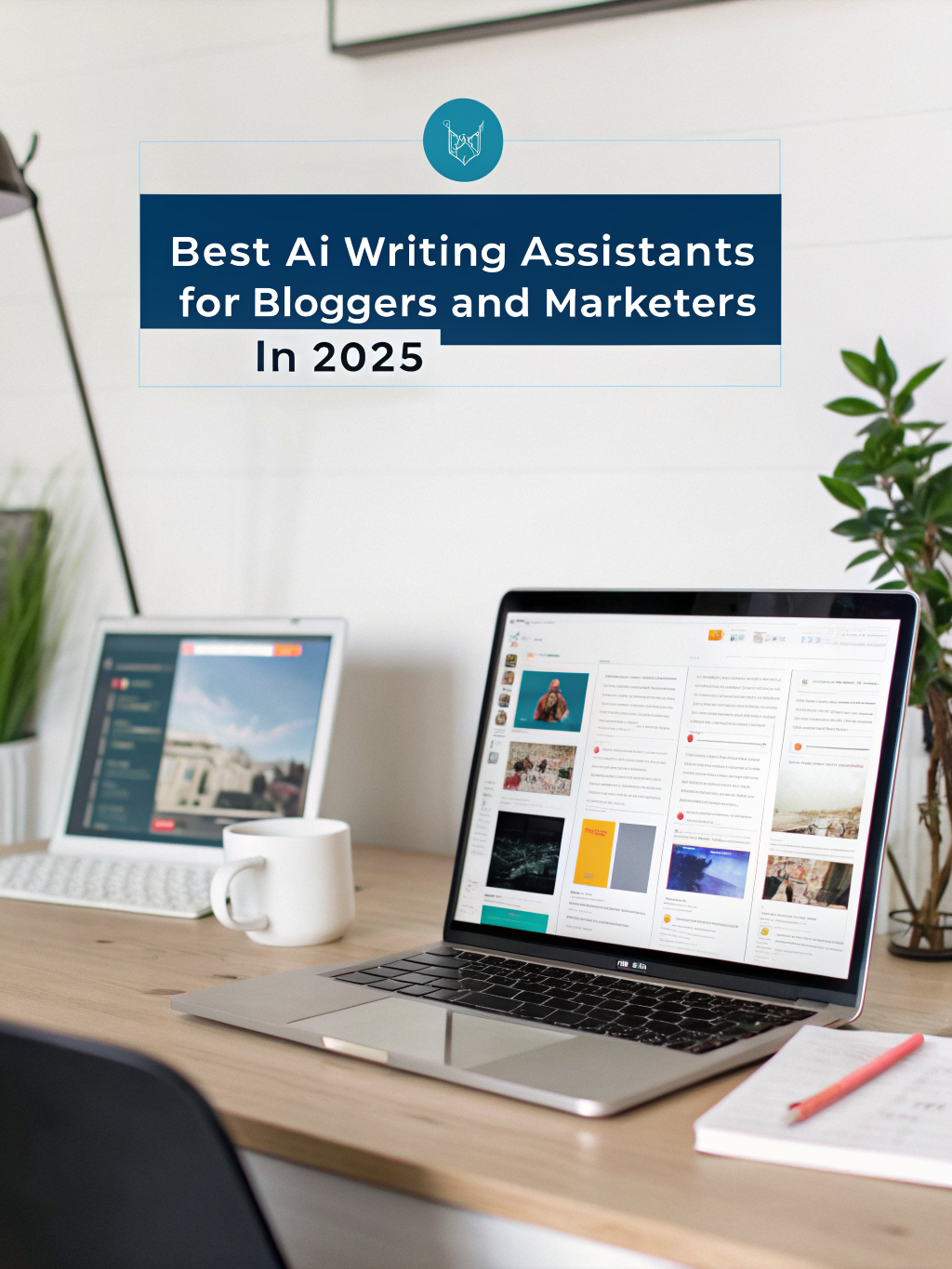
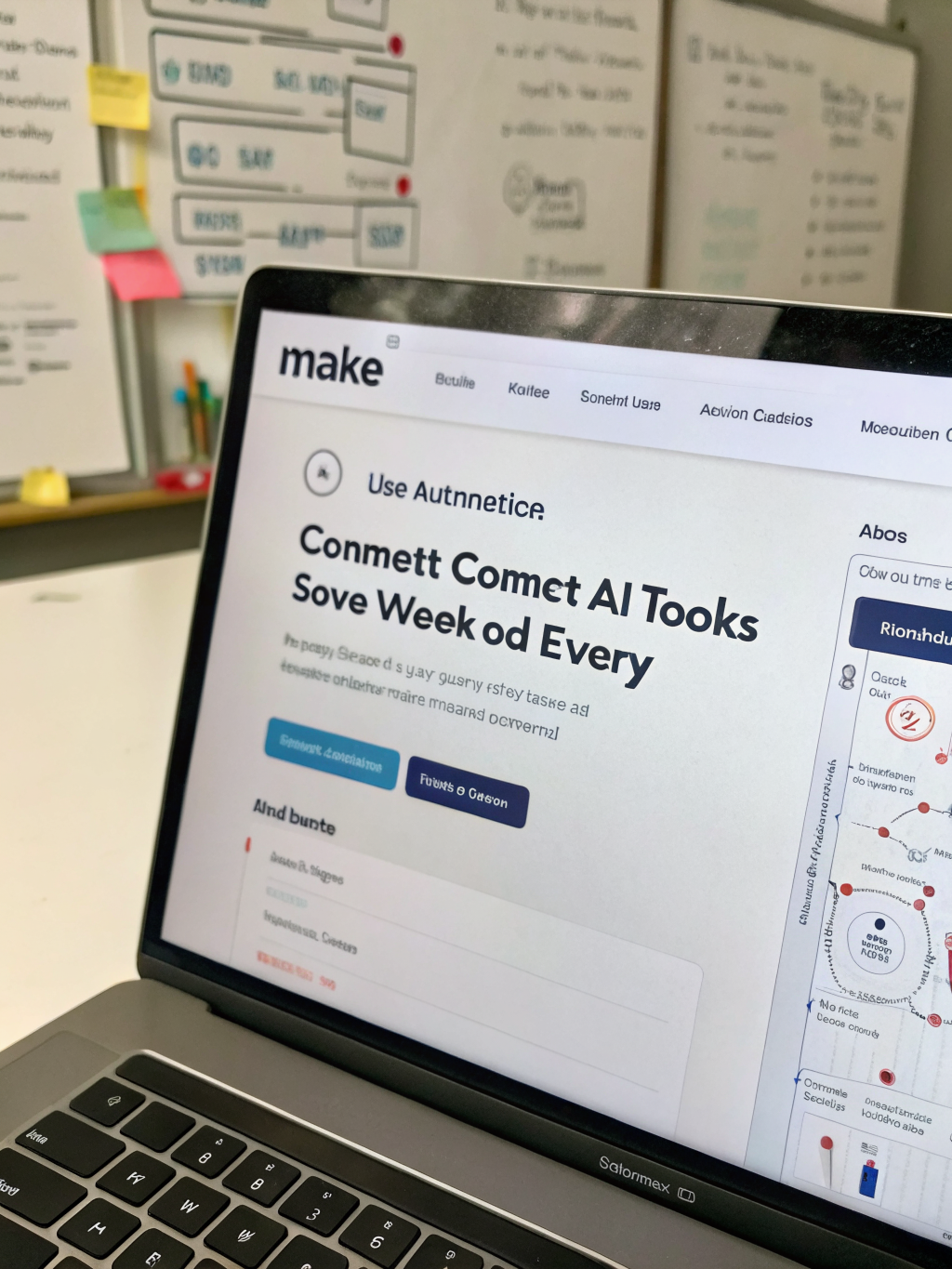
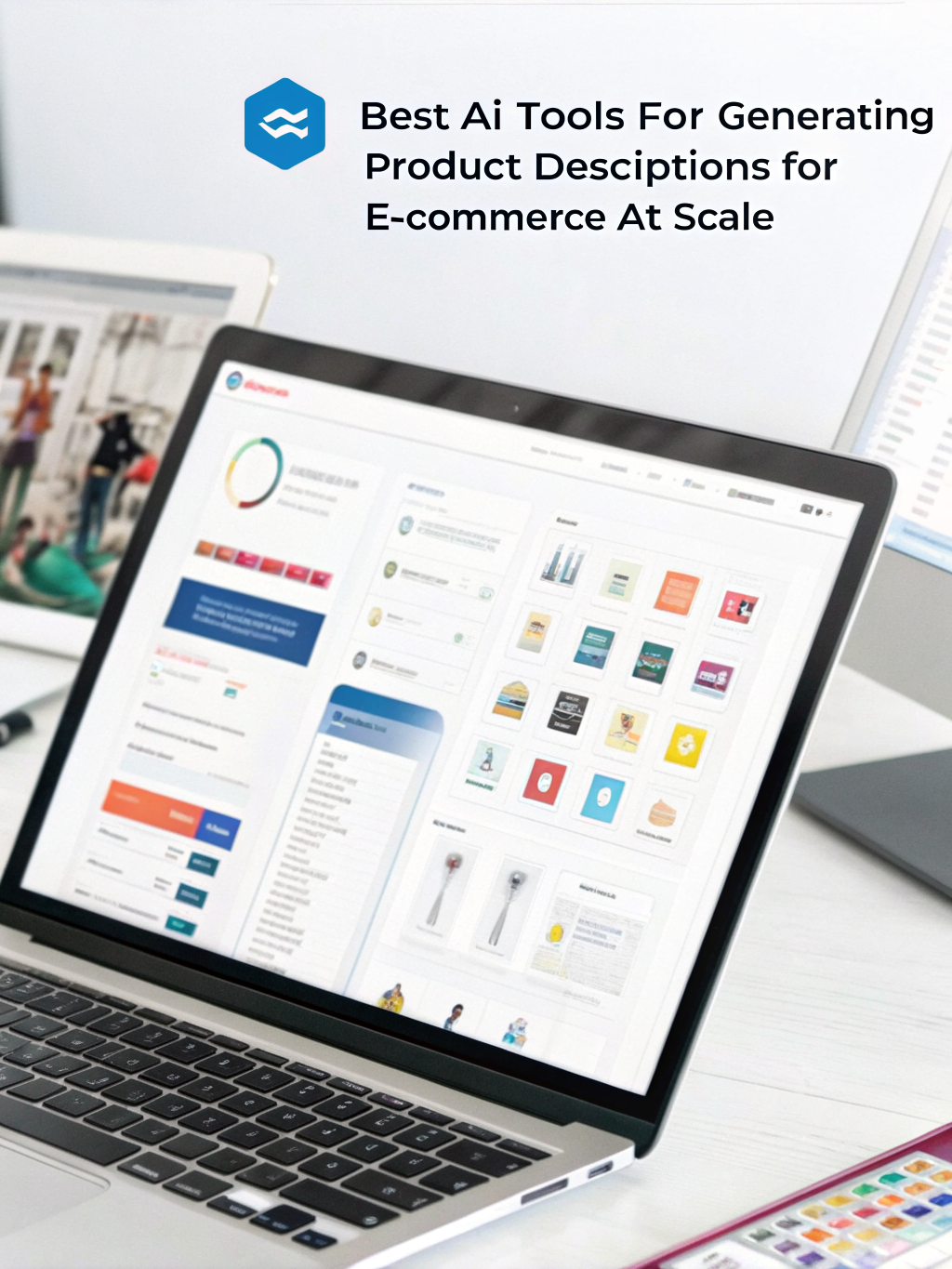
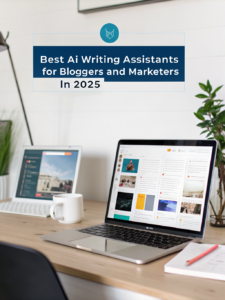
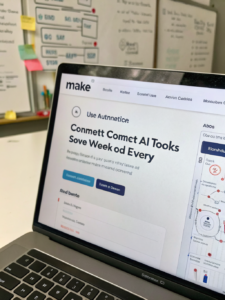
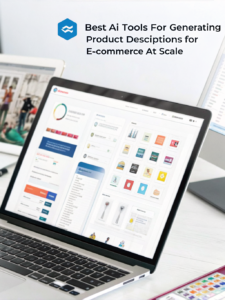
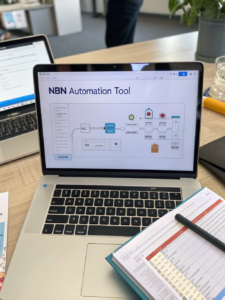
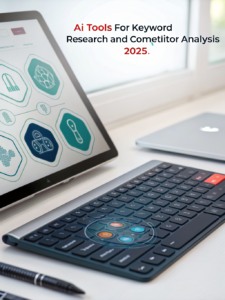
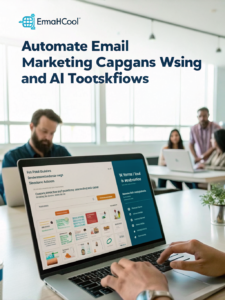
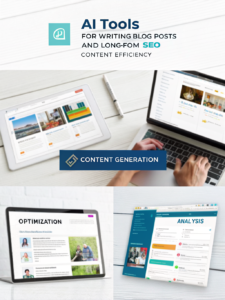

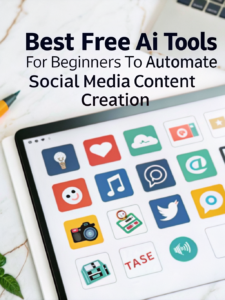
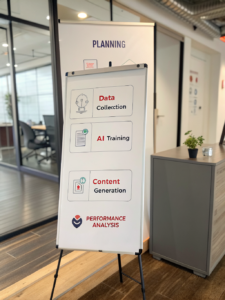
Post Comment